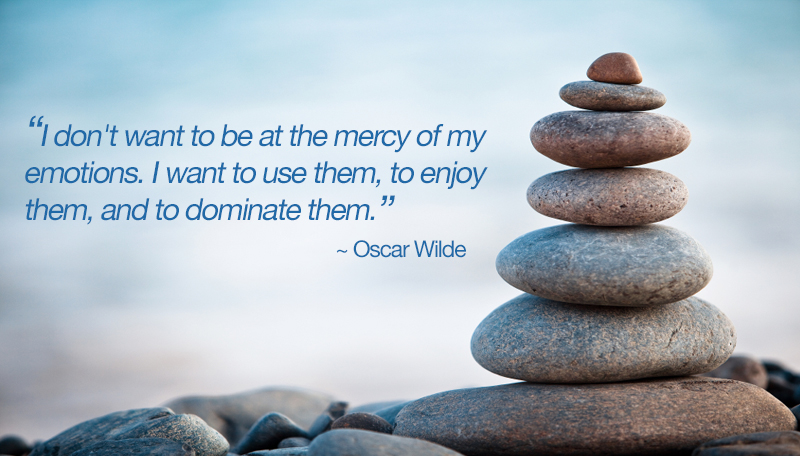by Mariah Tyler Moore
Platonic polyamory, a form of non-monogamy that prioritizes deep emotional connections over physical or romantic intimacy, offers a distinct approach to relationships. While the concept may seem unfamiliar to some, it holds great appeal for individuals seeking emotional satisfaction and diverse connections. In this article, we will delve into the world of platonic polyamory, exploring its definition, characteristics, benefits, drawbacks, and tips for building successful relationships.
To grasp the essence of platonic polyamory, it is helpful to understand queerplatonic relationships, which are defined by their deeper emotional connections devoid of romantic or physical intimacy. Regardless of one’s sexual identity or romantic orientation, anyone can engage in a queerplatonic relationship. According to LGBTQIA+ Wiki, platonic polyamory, or polyplatonic, involves having multiple relationships simultaneously, including queerplatonic connections, without engaging in romantic or sexual elements.
Platonic polyamory resembles open or polyamorous relationships, but with the absence of romance or sexual involvement. Partners in platonic polyamory can live together, raise children jointly, and express devotion, similar to conventional polyamorous couples. However, they do not experience romantic love or engage in sexual relationships with each other. Individuals choose platonic polyamory to pursue emotional satisfaction or embrace diversity in their relationships. Crucially, consent from all parties and effective communication are vital for the smooth functioning of this relationship style.
From an outsider’s perspective, a platonic polyamorous relationship may resemble a typical friendship or a traditional throuple. However, the distinction lies in the subjective, internal experience of those involved. These relationships prioritize a sense of shared responsibility, consistent stability, and a commitment to each partner on a day-to-day basis. Though labeled as “friend-zoned,” the connections in platonic polyamory extend beyond friendship, fostering deep devotion and support without the need for sexual intimacy.
Just like romantic polyamorous relationships, platonic polyamory can trigger feelings of jealousy. When individuals have a strong fondness for someone and desire a loving relationship, it is natural to fear being replaced or favored less. Jealousy is a common experience in platonic polyamorous relationships, akin to conventional romantic couples or traditional friendships. The commitment and shared responsibility in these relationships require individuals to navigate these emotions with open communication and understanding.
In essence, platonic polyamory centers around love rather than sex, offering a relationship style that balances personal lives, friendships, and emotional needs. While partners enjoy each other’s company and value the connection, they do not experience romantic love. This non-sexual version of polyamory allows for dating, one-on-one hangouts, and flirtation without romantic or sexual involvement.
Platonic polyamorous relationships come in different forms, with three common types: primary/secondary relationships, hierarchical relationships, and non-hierarchical relationships. In primary/secondary relationships, one partner holds primary importance, wielding more authority than the secondary partners. Hierarchical relationships assign a rank or status to each partner, creating a ladder-like structure where higher-ranking individuals possess more power. Non-hierarchical relationships, on the other hand, prioritize egalitarianism, ensuring that all partners have an equal say and no one holds more control than the others.
The benefits of platonic polyamory are manifold. It provides a platform to explore one’s sexuality without committing to long-term relationships and allows for building close, intimate connections with multiple individuals without feeling overwhelmed. However, maintaining multiple relationships simultaneously requires significant effort and communication to ensure the happiness and support of all involved parties.
On the downside, explaining platonic polyamory to those unfamiliar with the concept can be challenging. Many people perceive polyamory as synonymous with sexual relationships, making it difficult to convey the unique nature of platonic connections. Some individuals within the polyamorous community may consider platonic polyamory as ordinary friendship, while those adhering to monogamy may view such close relationships as inappropriate. Navigating societal judgment becomes an additional hurdle for those pursuing platonic polyamorous relationships.
If you have decided to embrace a platonic polyamorous relationship, the next step involves finding like-minded individuals interested in this type of arrangement. Joining polyamory groups, online forums, or friend/date matching sites or apps can provide opportunities to meet people who share similar ideals and build connections based on mutual understanding. Openness and upfront communication about desires and expectations are key to fostering successful relationships. Chemistry and a mutual attraction are important factors to consider when pursuing a platonic polyamorous connection.
It is not uncommon to develop intense attachments that are not explicitly romantic or sexual. Sometimes, one may be drawn to a person’s intellect or character and desire to maintain them in their life without engaging in a sexual relationship. In other cases, individuals consciously choose to refrain from acting on sexual desires that would breach established boundaries. These relationships demand self-control, honest communication, and serious discussions to maintain personal boundaries and ensure the relationship’s significance.
Although challenging, platonic polyamory offers a relationship style that encompasses the benefits of polyamory without the complexities of romance or sex. Partners in platonic polyamory form a web of platonic friendships, resulting in reduced jealousy and competition. Additionally, individuals have the freedom to explore connections with others beyond the existing relationship.
Successful platonic polyamorous relationships require extensive communication, trust, and the establishment of ground rules and boundaries to avoid misunderstandings. Embracing experimentation allows partners to navigate their personal boundaries and discover what works best for them.
While it may be difficult at times to maintain platonic boundaries, practicing physical self-control and engaging in open discussions about boundaries are essential. It is necessary to acknowledge that crossing boundaries is a choice and to address any struggles or intense feelings through conversations with partners. Connecting with individuals who genuinely understand and respect these boundaries ensures the relationship’s integrity and importance.
In conclusion, platonic polyamory represents a distinctive relationship style that transcends traditional friendship but eschews romance and sexual involvement. It offers a valuable alternative for individuals seeking emotional satisfaction and diverse connections. By prioritizing love over sex, platonic polyamory fosters deep commitments, shared responsibility, and consistent stability. Building successful platonic polyamorous relationships requires effective communication, trust, and the willingness to explore personal boundaries. Embracing this unique relationship style allows individuals to design their own meaningful connections beyond traditional monogamy or polyamory.







